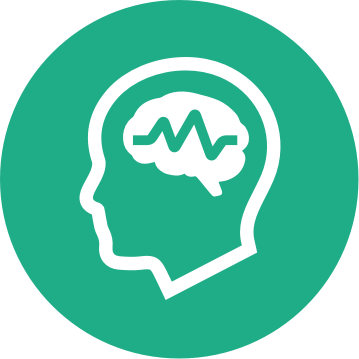Epilepsy is one of the most common neurological diseases and affects people of all ages, races and incomes, in all parts of the world. People living with epilepsy are three times more likely to die prematurely than the general population. Many of these deaths might be preventable.
SUDEP
Sudden Unexpected Death in Epilepsy, or SUDEP, is the sudden, unexpected death of someone with epilepsy, who was otherwise healthy and where no other cause of death could be found. It is the leading cause of epilepsy-related death. Each year, more than 1 in 1,000 people with epilepsy die from SUDEP, affecting children and adults equally. In most cases, an autopsy is required to rule out other causes of death. SUDEP education should be an important component of epilepsy management.

Mental Health and Suicide
People with epilepsy have a 7-to-10-fold higher risk of co-occurring, or comorbid, psychiatric conditions, with depression and anxiety being the most common. Attempted and completed suicides are estimated to occur in 5-14% of people with epilepsy. Mental health challenges of people living with epilepsy need to be identified and managed to reduce suffering and to promote well-being.

Accidents
Seizures can put a person with epilepsy at a greater risk for drowning, burns, car collisions and other accidents. These are considered preventable causes of epilepsy mortality. Awareness and education is a key component to reducing these risks.

Status Epilepticus
While most people with epilepsy will never experience status epilepticus (SE), it is a serious and life-threatening event. SE is defined as a seizure that lasts longer than five minutes, or having more than one seizure within a five-minute period, without returning to a normal level of consciousness between episodes. This is a medical emergency that may lead to permanent brain damage or death.


